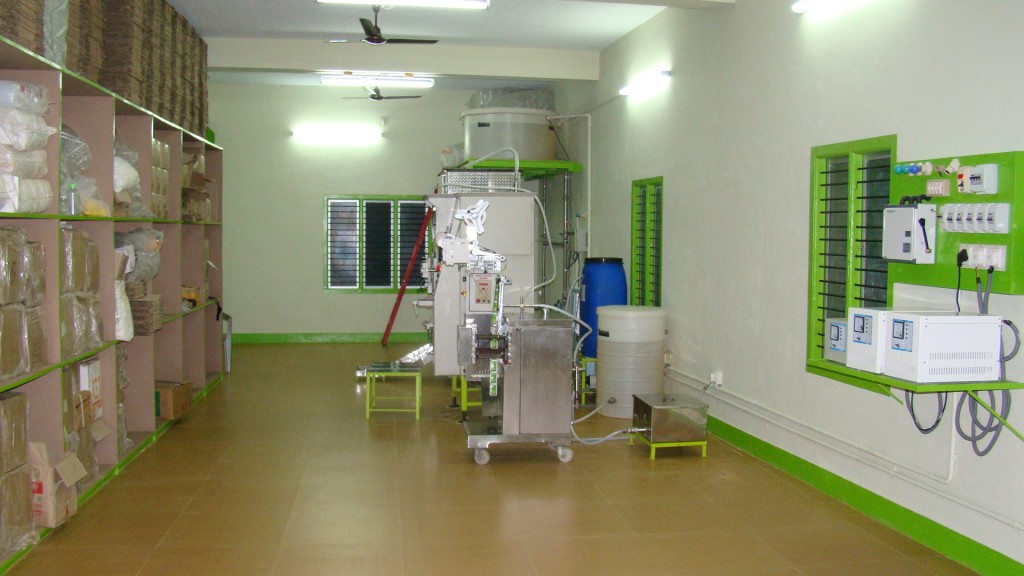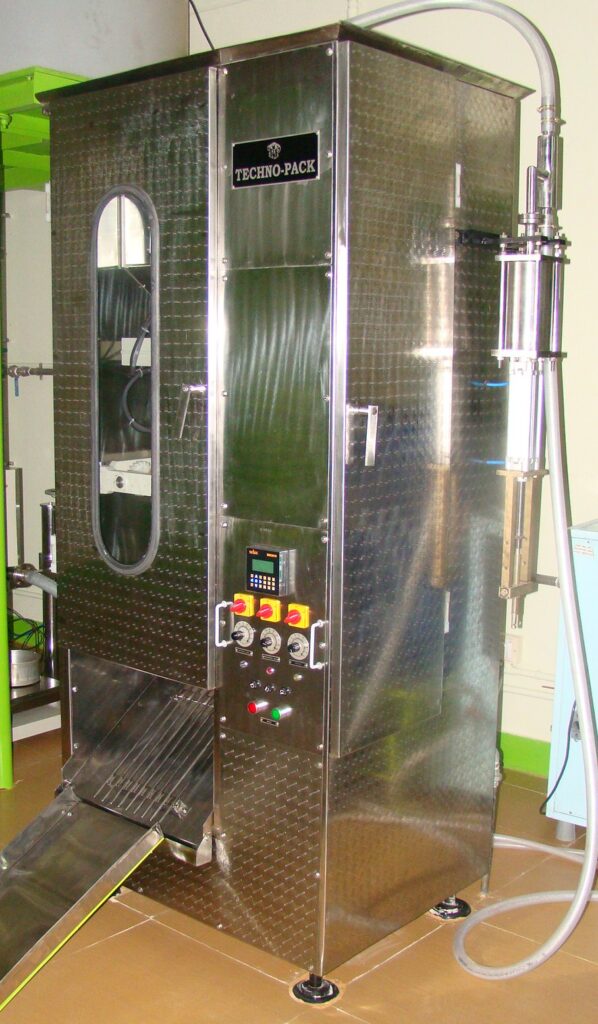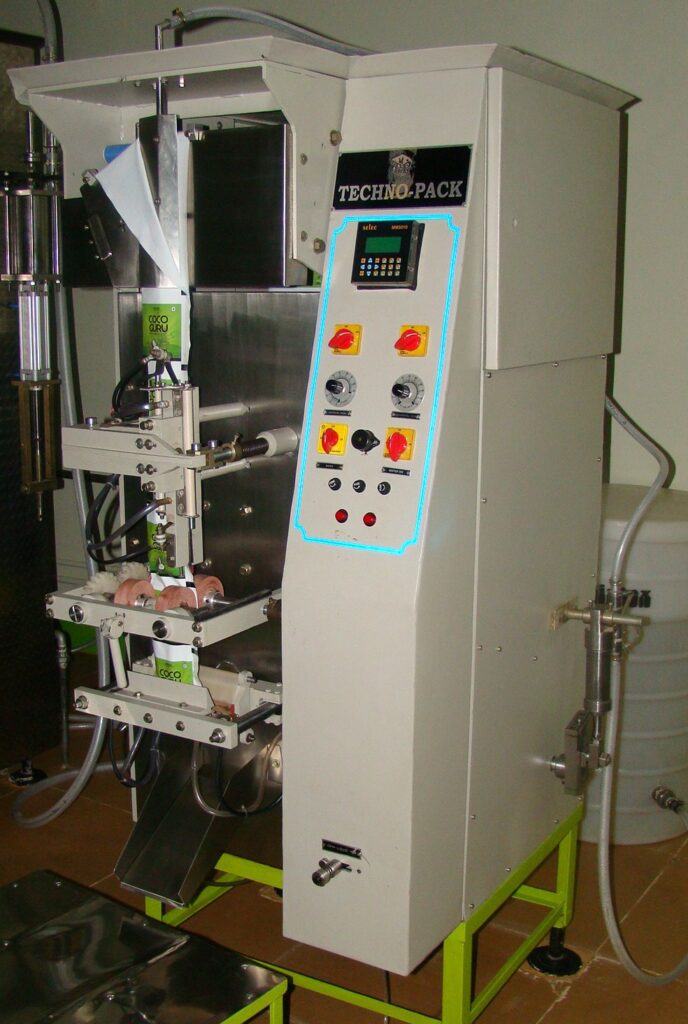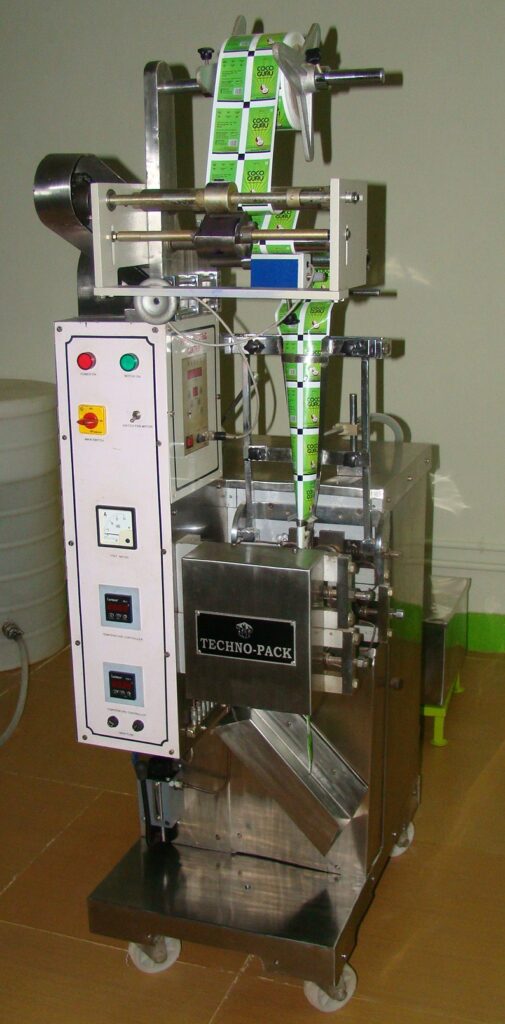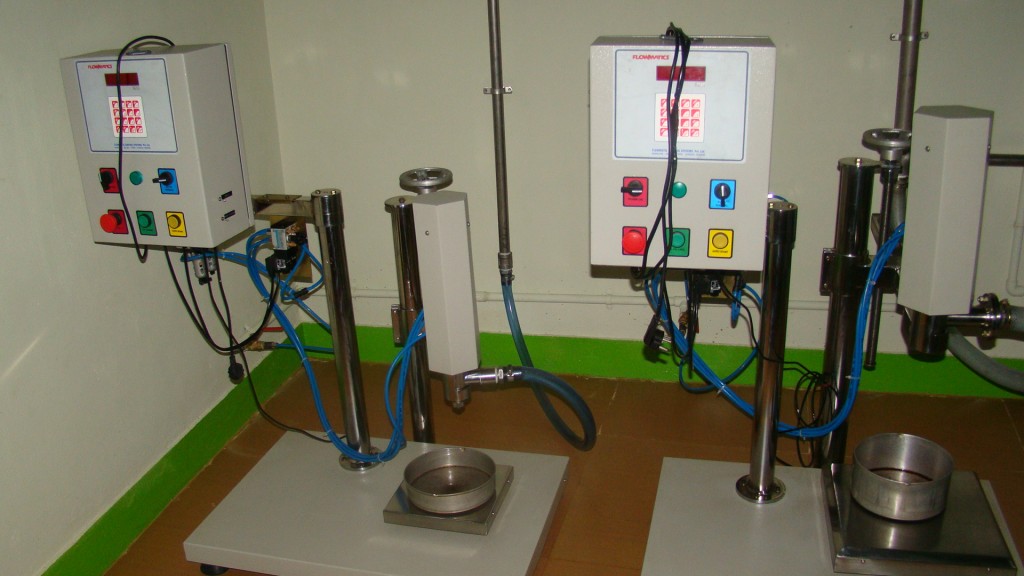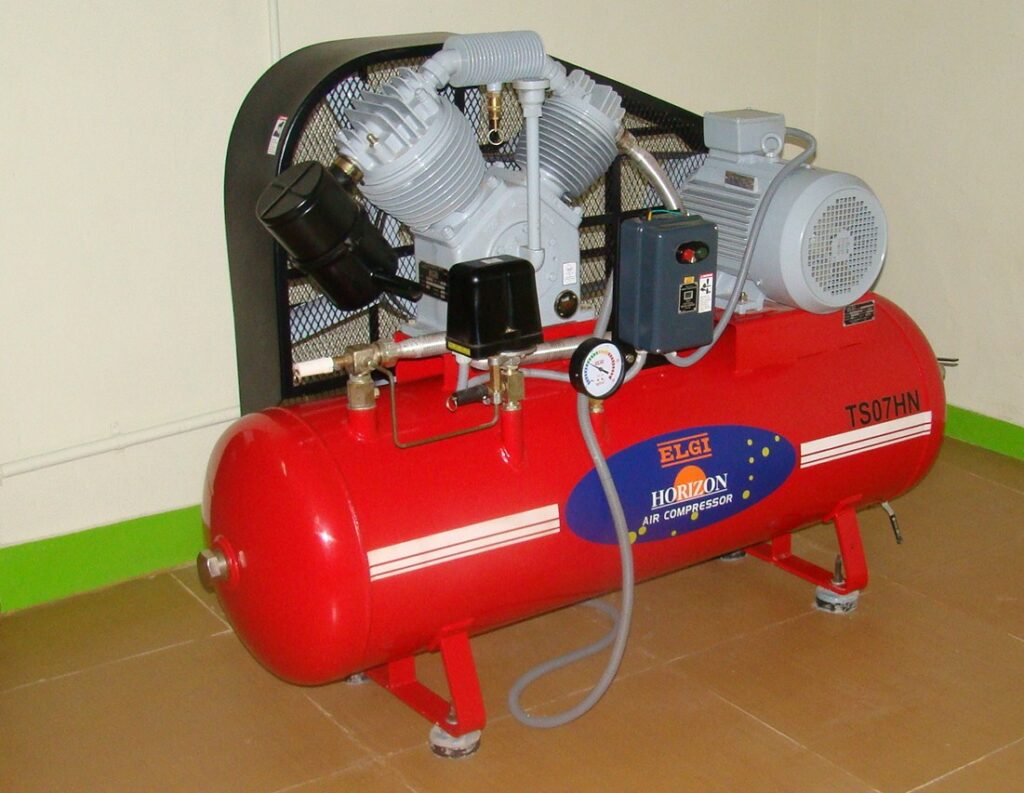Company Facts
Name – Cocoguru Coconut Industries Private Limited
Registered Office
IV-616,Sri Rama Building, Main Road,
Yelmudi, Puttur Taluk, Dakshina Kannada District,
Karnataka State, India. PIN – 574201
Business Activity – Manufacturing of Coconut based products, Presently Pure Coconut Oil
Promoters –
Shivashankar Bhat – Chairman
Keshava Ram – Managing Director
Santhosh – Director
Gayathri Devi – Director
Incorporation Date – 2nd September, 2010 (World Coconut Day)
Why Cocoguru Coconut Industries?
Cocoguru brand has a simple vision of “spreading the benefits of coconut to people”. Brand was launched in early 2010 to direct Sri Rama Industries’ focus on manufacturing coconut based products. Now the business activities of the brand Cocoguru are separated to a new company. Having the same product brand and corporate brand simplifies the branding process.
Dissecting each aspect of the name, we have
- Cocoguru – Trademark, brand name
- Coconut – Vision, brand essence is about Coconuts
- Industries – Business activity is not just about trading/marketing, it also involves manufacturing
Why Private Limited company?
Forming a company is not compulsory as
- The cost of incorporation, amount of procedures and regulations are high in a company
- All the promoters and top management personnel are in the same family
- The company has no external equity investors as of now
Yet we have formed a company because
- It enables separation of personal and business activities
- It enables us to raise funds though sale of equity when chances of raising debt funds have exhausted
- It enables professional management by bringing in professional managers on merit and family can cede day to day management activities to them.
- Promoters are very serious about the business; want to scale it to a high level and become a Public Limited company
What is the future of Sri Rama Industries?
Sri Rama Industries is a proprietorship concern started in 1987 by Shivashankar Bhat for Coconut Oil manufacturing.
- The existing manufacturing setup at Parladka will be tailored to just provide job work service. Whereby local farmers can get oil extracted from their own copra using our facility.
- The existing retail outlet cum copra collection centre at Yelmudi will be used to distribute Cocoguru company’s products to local, Puttur market and collect copra on behalf of Cocoguru Company.
- The 1st floor of the building at Yelmudi will be rented out to the company for its Registered Office.
- Sri Rama Industries being the owner of trademark Cocoguru, will license it to the company for marketing its products.
- Sri Rama Industries will also carry out non-coconut based businesses like trading of Til Oil, Pepper and Honey.
What now/next for the Company?
The company has the following agenda for the next 1 year.
- A new factory, at new site, to manufacture and pack coconut oil
- Factory will be highly mechanized/automated/modern, ISO 22000 Food Safety management standard
- Have a copra crushing facility of 15 tons in 24 hours
- Acquire all the necessary licenses and commence production in 6 months.
- Spread the market/distribution network for Cocoguru products from Puttur to whole of Dakshina Kannada
- Begin supply of edible copra and by products like Oil cake and 2nd quality copra
Company got incorporated on 2nd September, recognized as World Coconut Day. For the company that does its business with coconuts, its truly a great day to be born. Seek the blessings and everything (kalpa) of ‘Kalpavrisksha’ for the company’s great future.

 If a 250 page book has to be written exclusively on one product, without much repetition, making full sense with understandable logic, by veteran nutritionist, then this should suggest how miraculous the product (Coconut Oil) should be. Now, why isn’t there a similar book that talks about the so called healthy and widely used oils like Sunflower Oil, Soyabean Oil or Hydogenated Oils (Vanaspati)?
If a 250 page book has to be written exclusively on one product, without much repetition, making full sense with understandable logic, by veteran nutritionist, then this should suggest how miraculous the product (Coconut Oil) should be. Now, why isn’t there a similar book that talks about the so called healthy and widely used oils like Sunflower Oil, Soyabean Oil or Hydogenated Oils (Vanaspati)?